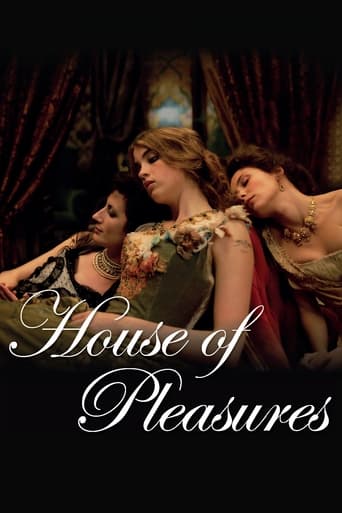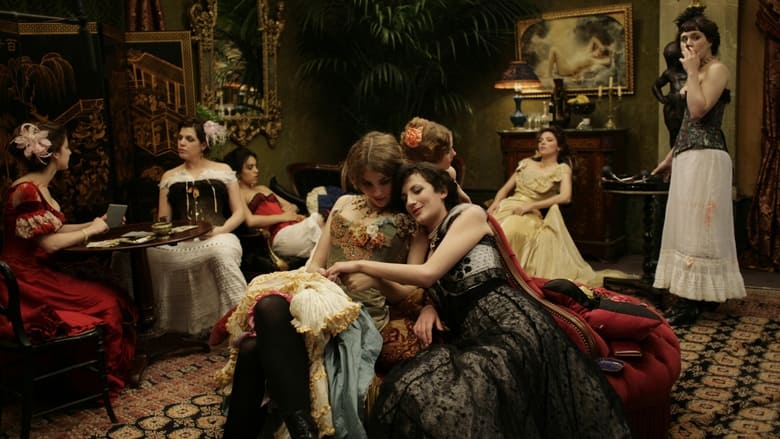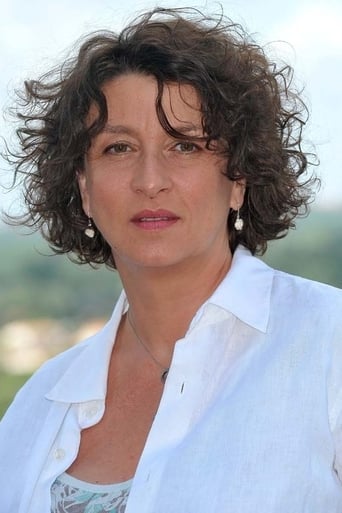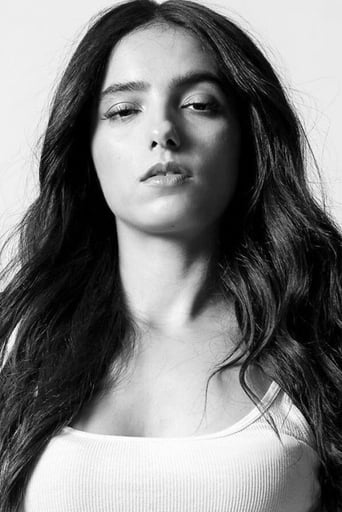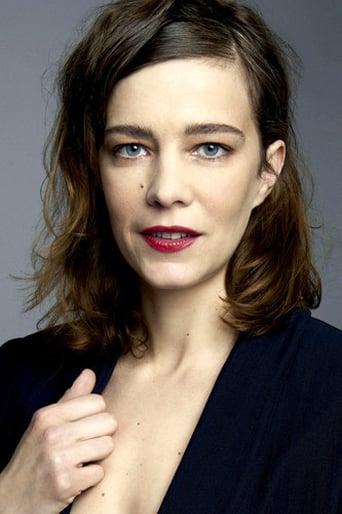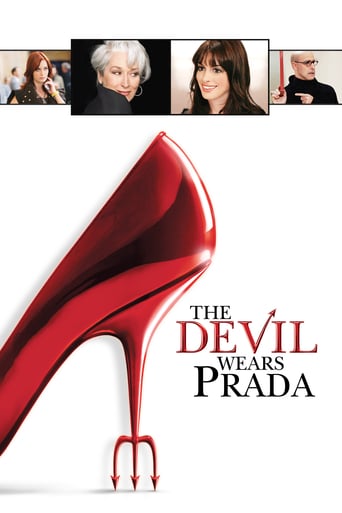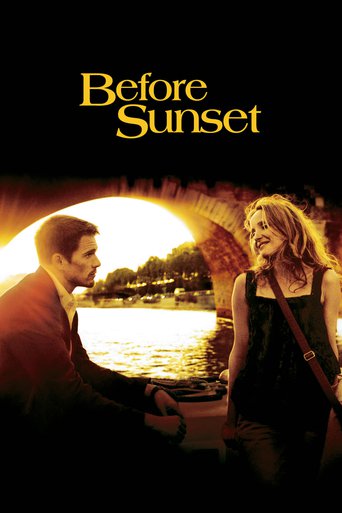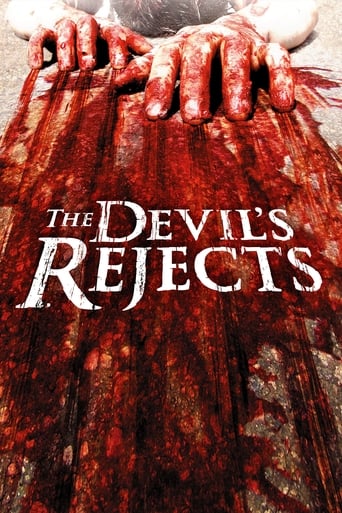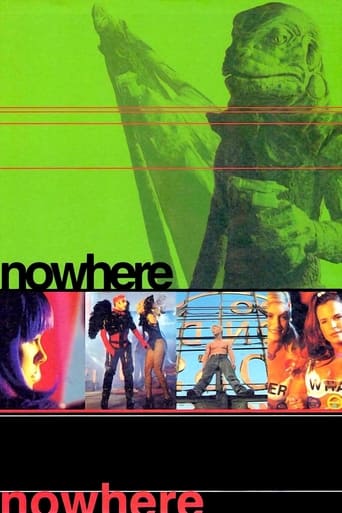House of Pleasures (2011)
The dawn of the 20th century: L’Apollonide, a luxurious and traditional brothel in Paris, is living its last days. In this closed world, where some men fall in love and others become viciously harmful, the women share their secrets, their fears, their joys and their pains.
Watch Trailer
Cast


Similar titles
Reviews
To me, this movie is perfection.
Sadly Over-hyped
The acting in this movie is really good.
It is an exhilarating, distressing, funny and profound film, with one of the more memorable film scores in years,
It's 1899 Paris. Marie-France Dallaire is the madame of the brothel L'Apollonide. As the months roll by, she is faced with debilitating rent increase from the landlord. Clotilde has been there for 12 years since she was 16. Julie is nicknamed Caca for her specialty. She dreams of going with her married customer Maurice. Léa mails away gifts of her pubic hair. Pauline Deshaies is a 15 year old who writes a letter applying for a job. The movie open with the Jewess Madeleine who has a prophetic dream. She is cut horribly by a customer. These and the other girls deal with the many issues as the brothel threatens to close.I'm not sure if it's a deliberate idea from filmmaker Bertrand Bonello. There is a matter-of-factness to these women. I like to have more history to these interesting characters. It would be great to follow fewer of them and dig deeper into their lives. The Joker face is compelling visually. The tone is one of empty sadness. There isn't really any tension. The rent issue isn't that dramatic. I do have a big problem with the split screen scenes. There remind me of surveillance video and that takes me out of the movie.
It was a long, hard slog, trying to get through this story of a French whorehouse and its staff during la belle époque. A poor sixteen-year-old applies, and is accepted into, the bordello. She's the audience proxy. The other ladies teach her the tricks of the trade. On the whole, it might have been written by a French anthropologist. The writer/director is determined to show us how this system works. I admire Levi-Strauss but I could never understand him. I think I understand this movie, though. It's just that it's so dull.It might have helped if any of the characters were at all animated but they're not. They're, how you say, blasé. It would also have helped if there were even one girl who was beautiful enough to coagulate your eyeballs. Instead, one of the most prominent of the ladies has a nose on her that suggests she should be hovering over a grassy field, wings fluttering, searching for mice.On the plus side, a good deal of attention is paid to period detail. The production crew must have studied Toulouse-Lautrec with a microscope, and it turned out pretty atmospheric. We have the rosy cheeks, the scented soap, and those endearing black chokers that girls of the period used to wear and that -- come to think of it -- Natalie Portman wore in "Léon: The Professional." Whatever happened to black chokers anyway? They were very sexy. Everything seems to be changing for the worse. The old days are gone forever.I'm joking around because, I expect, I have nothing much more to say about the film. I retired from anthropology some years ago and am fed up with tribal studies.You want to see a decent whorehouse movie? See "Pretty Baby," also directed by a Frenchman, Louis Malle, in 1978. The setting is New Orleans in 1917, but it's very French in its approach to whoredom, and New Orleans was still rather a French city with monolingual French speakers. Degas visited relatives there. The set design is equally evocative. And it has drama as well as nudity. This one has only nudity.
French screenwriter and director Bertrand Bonello's fifth feature film which he also wrote, scored and co-produced with Kristina Larsen is a French production. It tells the story of numerous prostitutes living and working at a Parisian brothel run by Madame Marie-France near the end of the 19th century. Most of the women who lives at the mansion get along fine with their customers and one of them is evolving a relationship with a regular customer. Clotilde, known as the Jewess, shares her dreams with this man and one night after having been away for two weeks, he returns to the house of tolerance. Clotilde tells the man of a dream she has had about him and plays along to fulfill his desires, but during the session he cut's her with a knife. Following the horrific incident, Clotilde is left with a disfigured face, loses many of her customers and is given the name, the woman who laughs. Subtly and acutely directed by Bertrand Bonello, this visually distinct interior period drama which is narrated from the point of view of the prostitutes, draws a detailed, involving and intimate portrayal of their ritualistic lives at a brothel, during the twilight and the dawn of the 20th century in Paris, France. With a stringent narrative structure and while depicting several minor studies of character, this finely paced, somewhat surreal and historic study of prostitution presents a closed world marked by socializing, boredom, decadence, sadness and fantasies, where the women shares their experiences with each other, and creates a reverent depiction of their strong and private unification. Notable for its brilliant set decoration by Alain Guffroy, costume design by Anaïs Romand and the picturesque cinematography by Josée Deshaies, this is a low-keyed, melancholic, symbolic, darkly romantic and dreamlike tale of a descending utopia. The efficient score by Bertrand Bonello emphasizes the mysterious and poignant atmosphere in this grotesque, tangible and fictional chamber piece, which is impelled and reinforced by the understated acting performances from a cast consisting of both professional and non-professional actors and actresses such as French actress Hafsia Herzi, French actress Céline Sallette, Italian actress Jasmine Trinca, French actress Adèle Haenel, French actress Esther Garrel, French actress, screenwriter and director Noémie Lvovsky, French actor, screenwriter and director Xavier Beauvois and Alice Barnole and Iliana Zabeth in their debut feature film roles. A compassionate declaration of love to women and cinema, which was screened in competition at the 64th Cannes Film Festival in 2011 and which gained the César Award for Best Costume Design Anaïs Romand at the 37th César Awards in 2012.
I loved this film, I am surprised to see more than one review damning the film for a lack of plot. There is most definitely a plot it's subtle and thoughtful but the characters all have an arc and, for some, very definite resolutions. The cast are superb, even those with the smallest roles present fully rounded individuals of whom it's possible to infer their lives outside the bounded world presented to us. The relationships between the women of the house both amongst themselves and with their clients are rich and true. Although full of sex and sexuality nothing is gratuitous or titillating but real and honest. Sometimes good, sometimes dreadful, sometimes funny, sometimes a violation. This was a film that I would have been happy to watch for another two hours , I didn't want to leave these women behind.

